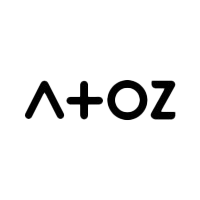Programming Languages and Development Environments

iOS apps are primarily developed using Swift or Objective-C, with Xcode being the official integrated development environment (IDE). Swift's modern syntax and powerful features make it a favorite among developers for creating intuitive and performance-driven applications.
Android apps, on the other hand, are mainly written in Java or Kotlin. Google officially supports Android Studio as the IDE for Android development. Kotlin, being a more modern language, offers advantages in terms of brevity and overall safety for developers. The choice of programming language and development tools impacts the overall efficiency and speed of app development. While both platforms have their specific strengths, they cater to different developer preferences and skill sets.



















